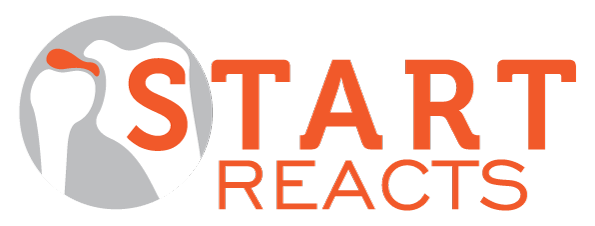Information for the Public
Background and Study Aims
Within the shoulder there are a group of muscles and tendons called the rotator cuff. Tears of the rotator cuff tendons are very common. They can be very painful and it can be difficult to move the shoulder normally. Many tears of the tendons can be repaired but some tears cannot. When a tear cannot be repaired, one common treatment is a keyhole operation to clear space around the tendons and remove the painful tissue. This is called an arthroscopic debridement. It is low risk and is thought to benefit most people with rotator cuff tears.
A new device has recently been introduced in the UK with the aim of improving outcomes from surgery for this condition. It is a balloon made out of a biodegradable synthetic material (free of animal products), called the InSpace balloon. It is inserted at the end of an arthroscopic debridement operation and is filled with water. It is thought to act as a cushion inside the joint. It dissolves after about three months, by which time the patient has had a chance to strengthen the other muscles to give a longer lasting effect. It is not yet known whether this balloon device is any better or worse than the standard arthroscopic debridement operation.
The aim of this study is to find out whether it is better to have an arthroscopic debridement operation, or the same operation with the addition of the InSpace balloon, in patients with a tear of the rotator cuff muscles that cannot be repaired.
The National Institute of Health and Care Excellence (NICE) has studied the balloon and decided that it should only be used in research to determine if it works. The study will determine which operation is best at reducing pain and improving movement, strength, and quality of life, and whether the balloon is worth the additional cost.
Who can participate?
People aged 18 and over, who have symptoms of rotator cuff tears. Please note that during surgery the surgeon may deem you ineligible to take part in the study if the damage is deemed repairable, however, this will not affect the level of care you will receive and the surgeon will perform the most suitable operation for you at that time.
What does the study involve?
During this study you will be asked to complete questionnaires before and after your surgery, these will ask about your shoulder and general health. A member of trained staff will also assess the strength and pain-free movement in your shoulder.
During surgery you will be randomised into the study and will either receive the InSpace Balloon or not, for the purposes of this study you will not be told which allocation you receive.
After the operation you will be seen by the study team at three, six and twelve months post-surgery. This is where you will complete the questionnaires and shoulder assessments.
What are the possible benefits and risks of taking part?
There are no specific benefits from taking part, both treatments are designed to help your shoulder recover. By taking part in the trial you are helping to decide about the best treatment for people in the future.
With any surgery there is risk such as infection, blood clots, wound healing problems or anaesthetic related problems (including death). However, these risks are very small.
The additional risks from this study are also small. The shoulder balloon can be put in the wrong place, or move after the operation and occasionally may have to be surgically removed, or can cause inflammation in the shoulder. However, these problems are uncommon and have occurred in less than 5% (1 in 20) of patients who have had the balloon so far.
Where is the study run from?
From 24 NHS hospitals in the UK.
What happens when the research study ends?
You will be in the study for 24 months. If you are having any problems relating to your shoulder after this time, your general practitioner can arrange for you to see your specialist to continue your care.
Who is funding the study?
This study is being funded by the UK NHS research body, the National Institute for Health Research (NIHR), through its Efficacy and Mechanism Evaluation Programme.
For more information and resources please click HERE
For a list of current participating sites please click HERE
For information on how your participation is kept confidential click HERE

Enquiries
Contact our study team:
Email: start@warwick.ac.uk
